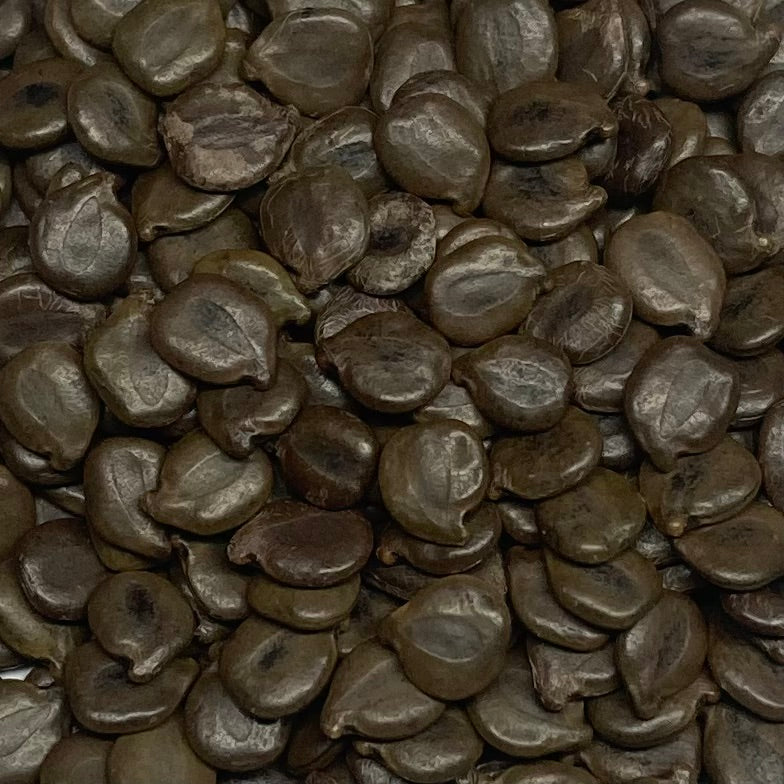Senna, Wild (Senna hebecarpa)
List Price: $0.00
Couldn't load pickup availability
Wild Senna, with its striking yellow flowers and attractive foliage, is a perennial plant native to Eastern North America, and fond of moist or disturbed soil sites. This plant is a legume, and as such, nourishes the soil by fixing nitrogen. With a broad-reaching history as a herbal plant, Senna hebecarpa is also a great benefit to surrounding wildlife, and makes for a good grazing plant in pastures. Birds, typically game birds such as the Bobwhite, are fond of the smooth gray-brown seeds, and Cloudless Sulphur, Orange-Barred Sulphur, and Sleepy Orange butterflies make homes in these tall bushes. Caterpillars will gladly munch on foliage and flowers before butterflies emerge. Though Wild Senna has its nectaries separate from their flowers, bumblebees and sweat bees flock to this plant for its nutritious pollen, and different ants, wasps, and beetles enjoy the extrafloral nectaries still.
This plant has traditionally been used for its laxative or purgative properties (resulting from the compound anthraquinone), with use of the leaves and seeds still in practice for these purposes. While once taken as a tea, extract, or syrup, Senna hebecarpa is now often taken in the form of a pill. The Cherokee people and some other tribal groups have long used decoctions of Wild Senna root for fevers, fainting, and pneumonia. In Culpepper’s English Physician: The Complete Herbal, he states the plant as cleansing of melancholia and phlegm, and deems it under the dominion of Mercury. Ninth century recordings exist documenting use of Wild Senna as a purgative tea by Arab physicians. One should note that Wild Senna can potentially be toxic in large doses, and should be used with caution. For its charming ornamental purposes, soil amending qualities and pollinator attraction alone, Senna hebecarpa would be a delightful addition to any garden.







